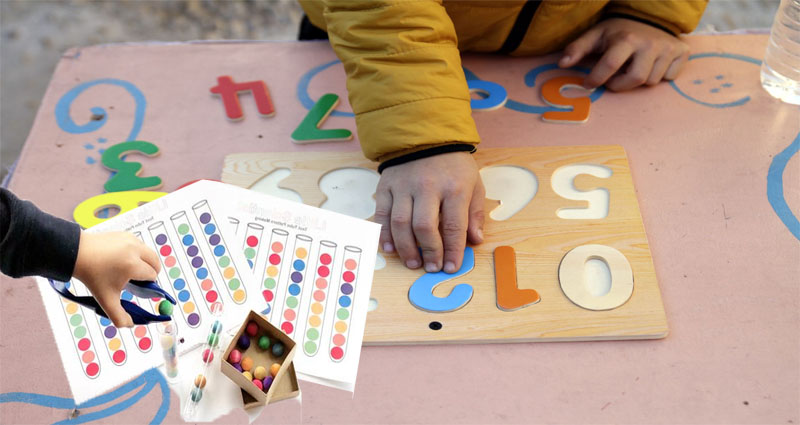Educational Toys and Early Childhood Education
Early childhood education is basically defined as kids studying by way of play. It can be significant that parents start educating their young children from infancy to six years of age through interaction and introducing educational play which will aid within the development of these crucial areas…
Physical Improvement:
Creating fine and gross motor skills. Essentially movement may be essential, crawling, walking, operating, climbing, throwing, touching and eye-hand coordination. Social Skills: Teaching kids tips on how to interact with other folks, tips on how to share and co-operate with others, tips on how to make robust connections that can final as well as social etiquette and great manners.
Emotional Development:
Creating self-esteem, self-awareness, self-confidence, as well as recognizing and understanding several feelings and feelings.
Language Improvement:
The expression and or vocalization of symbols and sounds are perceived and interpreted by a person employing the increasing and learning method.
Creativity:
Building … Continue reading >>>











